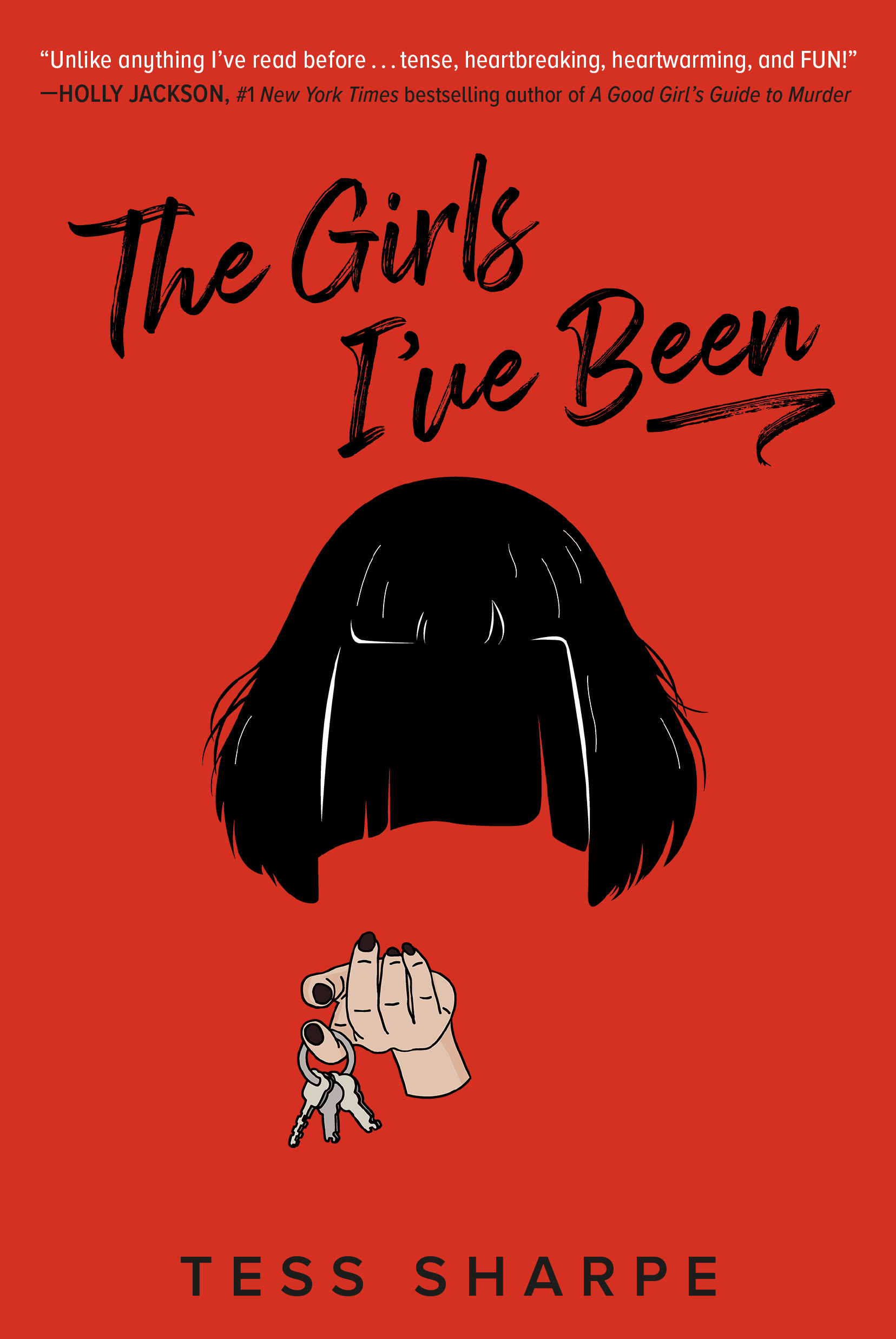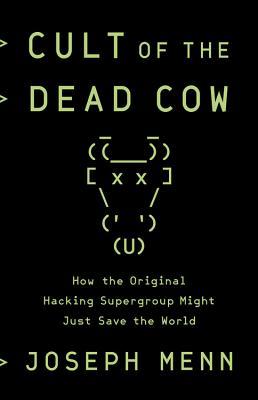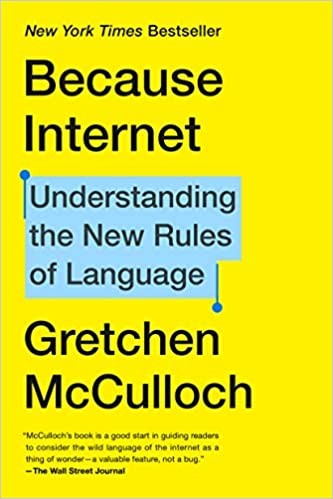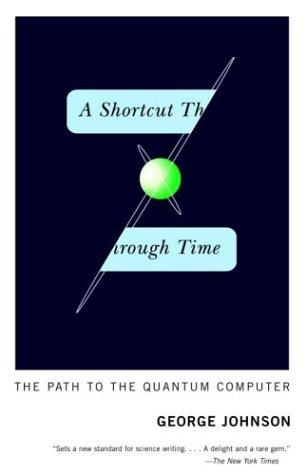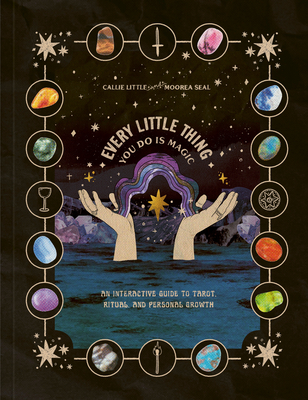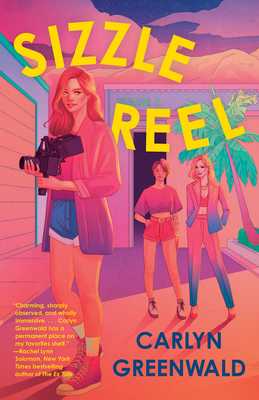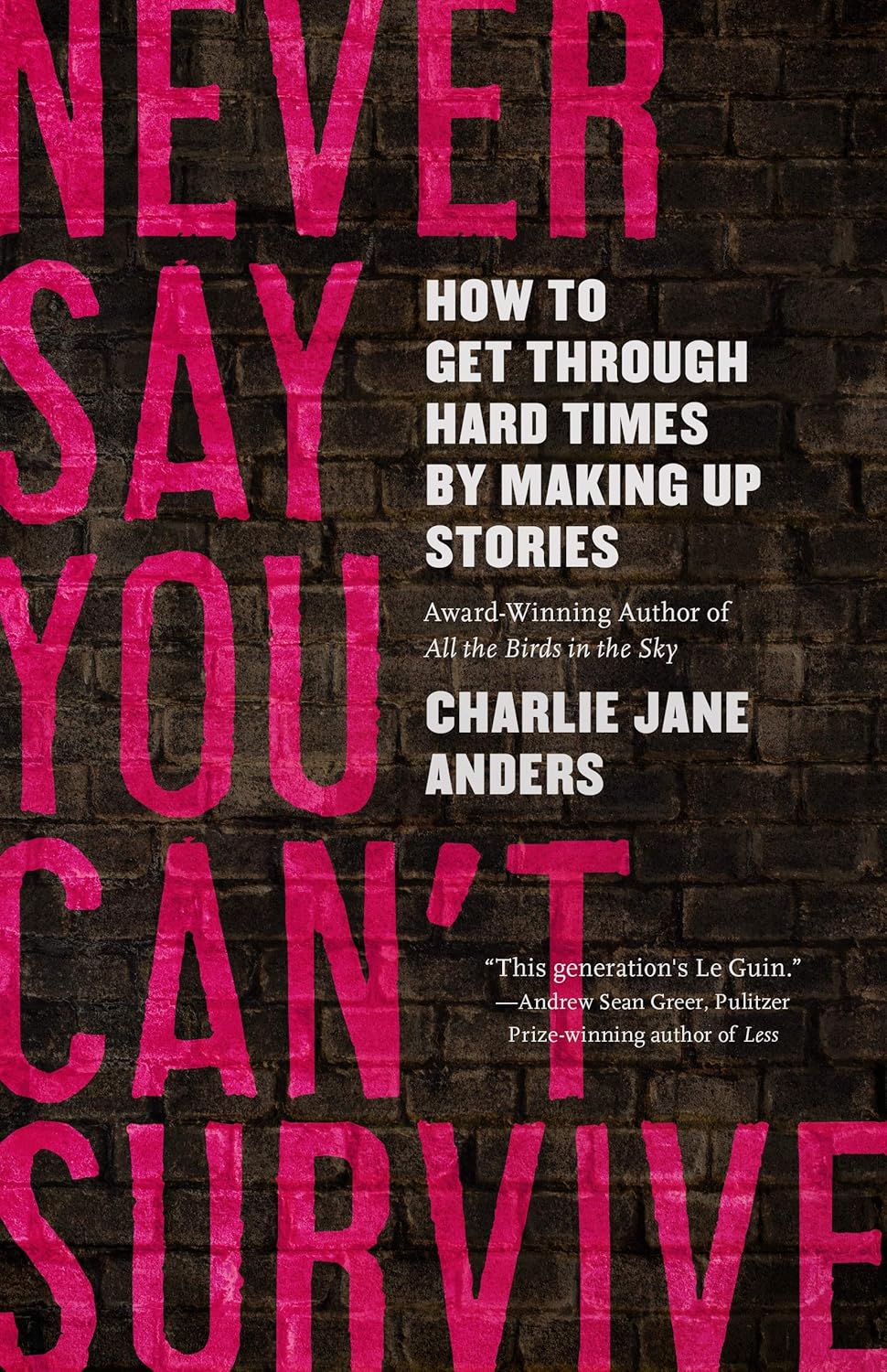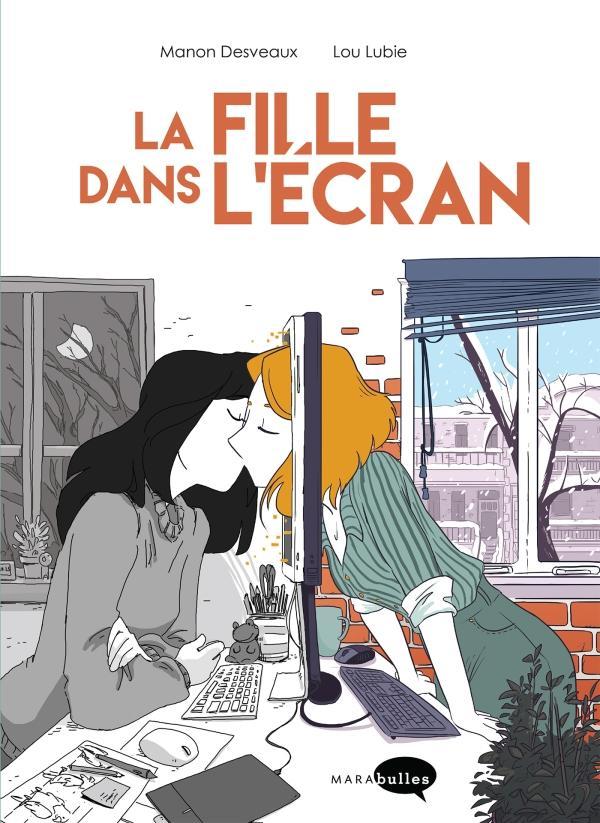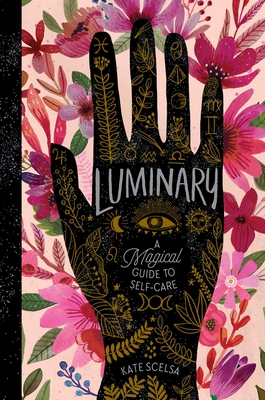pootriarch reviewed Cult of the Dead Cow by Joseph Menn
Systems evolve into chaotic mush
3 stars
Much of this book is fascinating, if you're a geek old enough to remember BBSes. As hacker groups go, Cult of the Dead Cow was likely among the most ethical. But the handful of brilliant fools ended up solidly in the establishment — at Facebook and Yahoo, at DOD and the NSA, or at firms contracting for them. It's so common as to seem inevitable: an idea that starts in a garage ends up monetizing by spreading hate or spying on you.
[This review originally was published on another instance and was lost during migration.]


